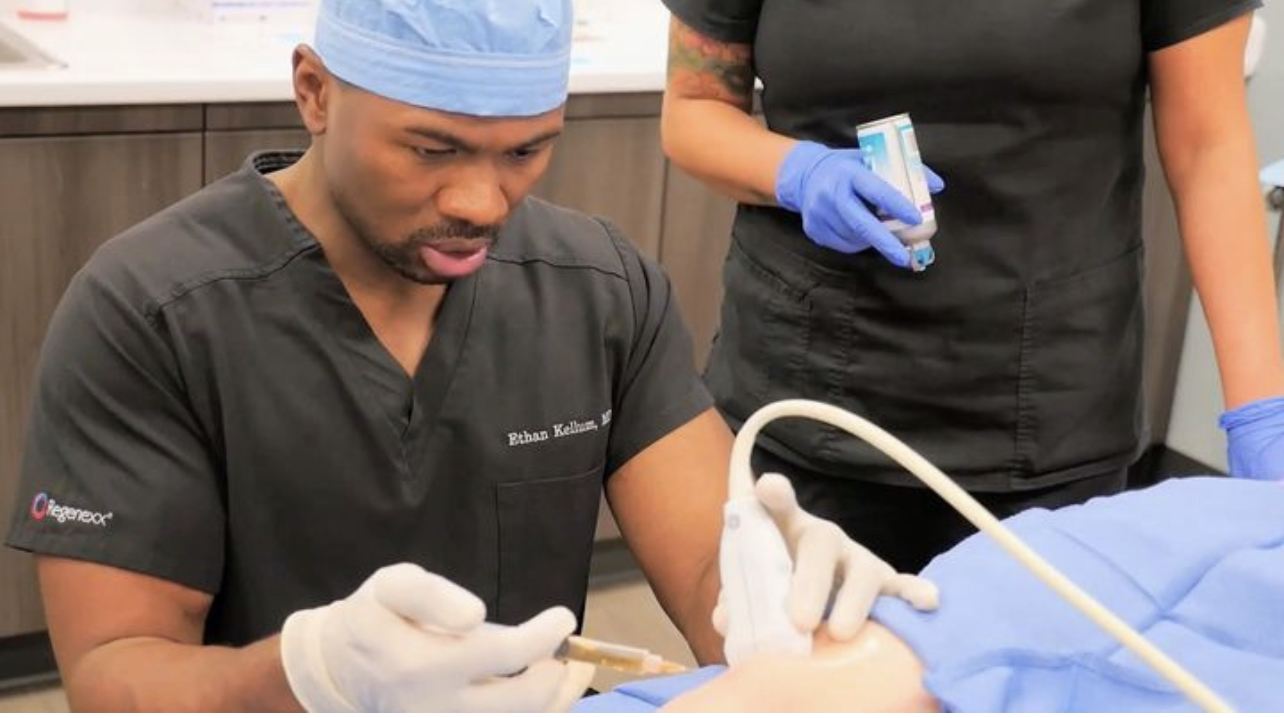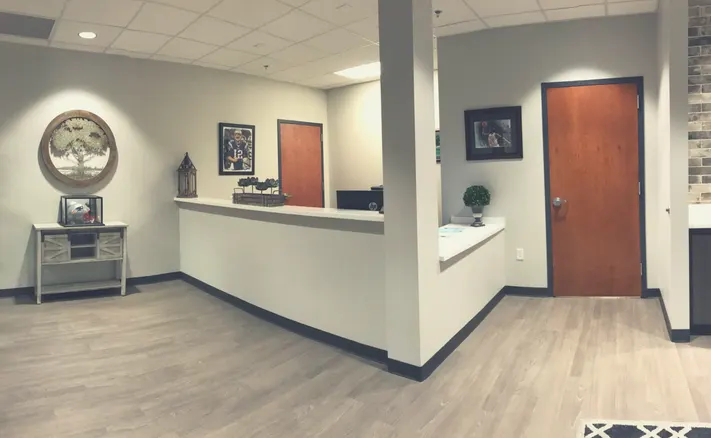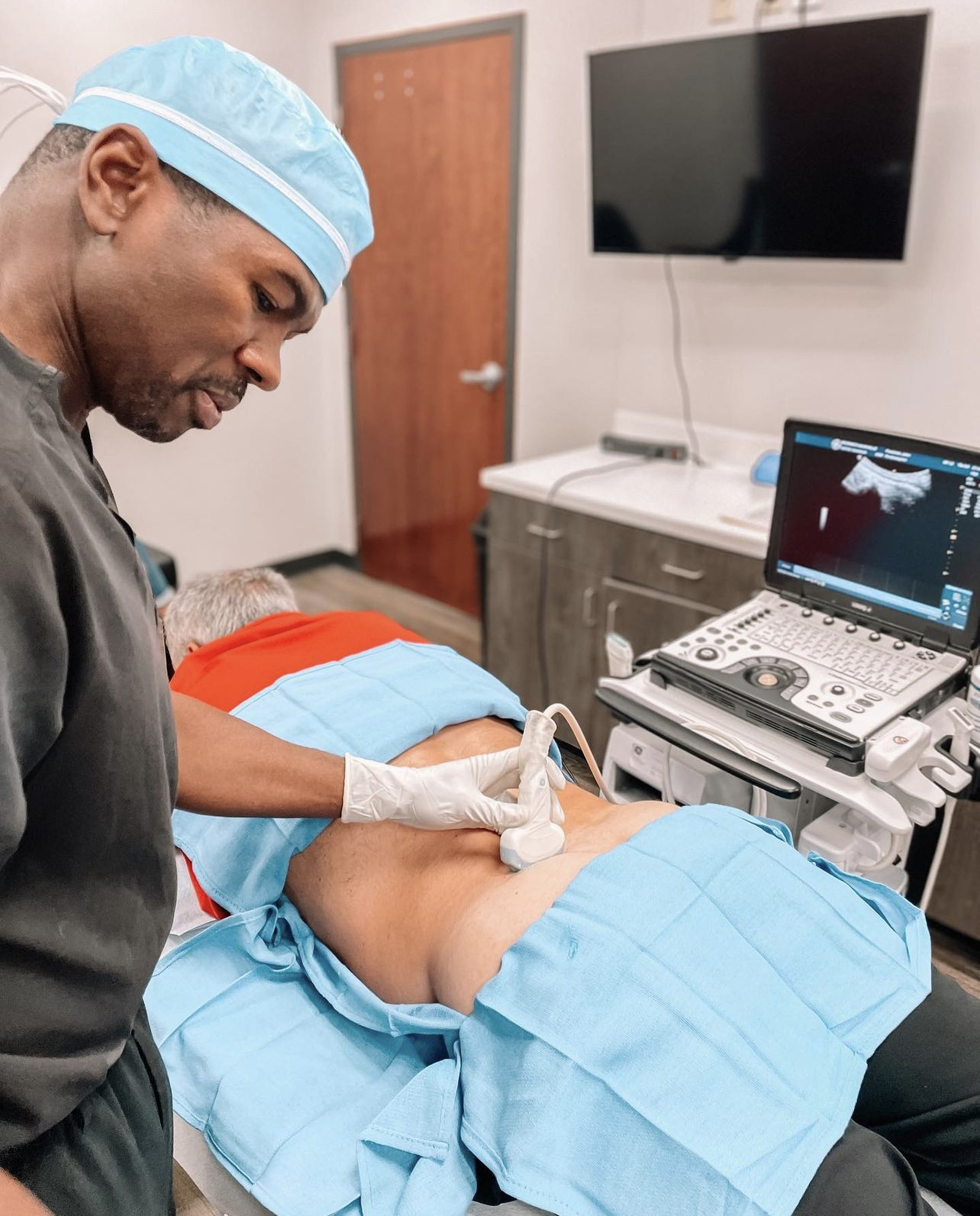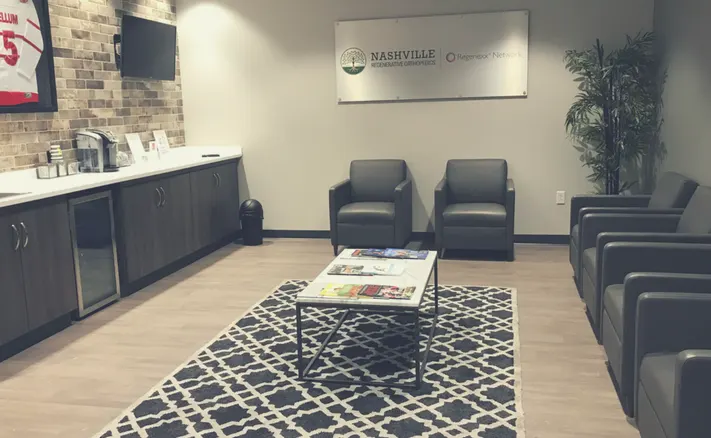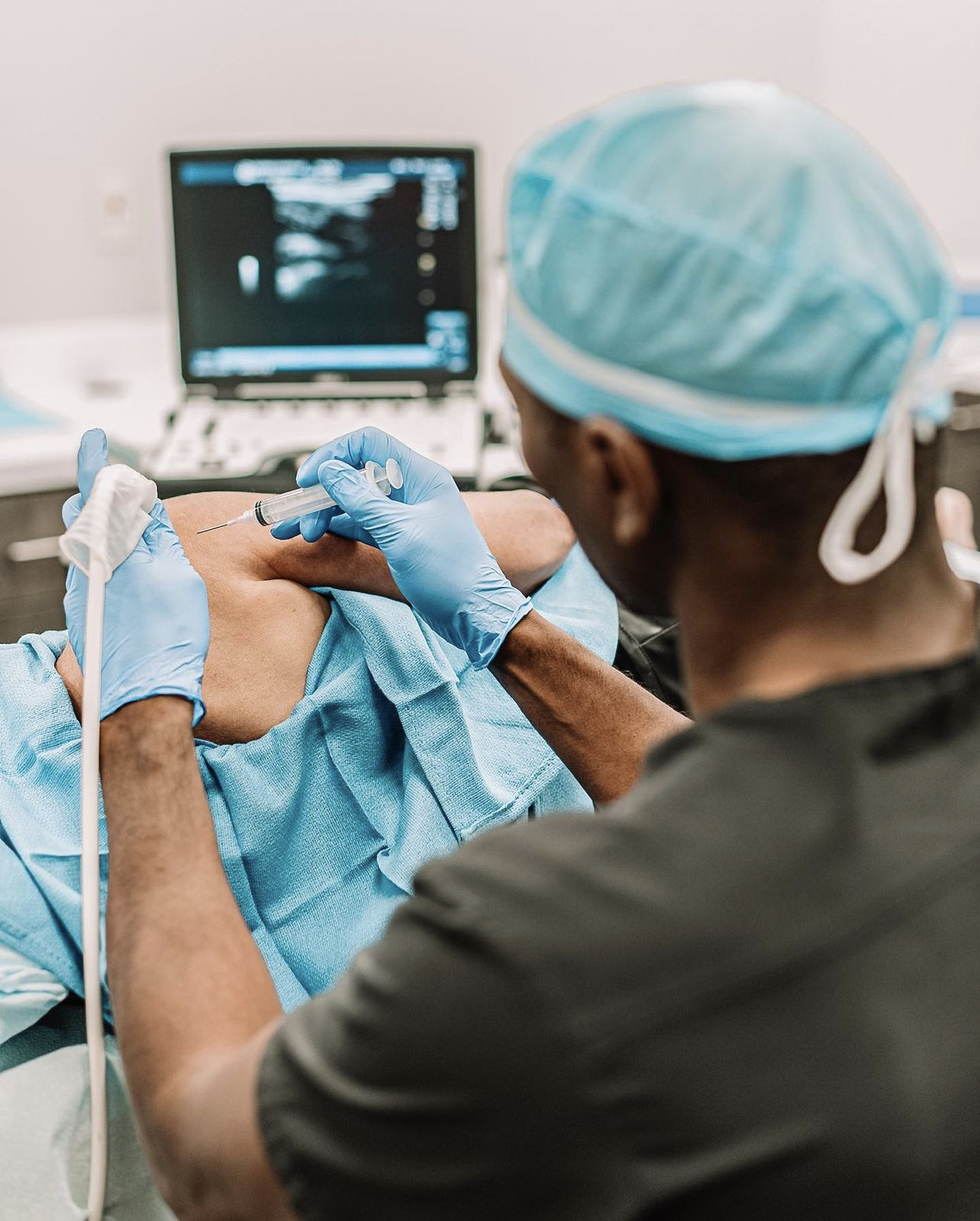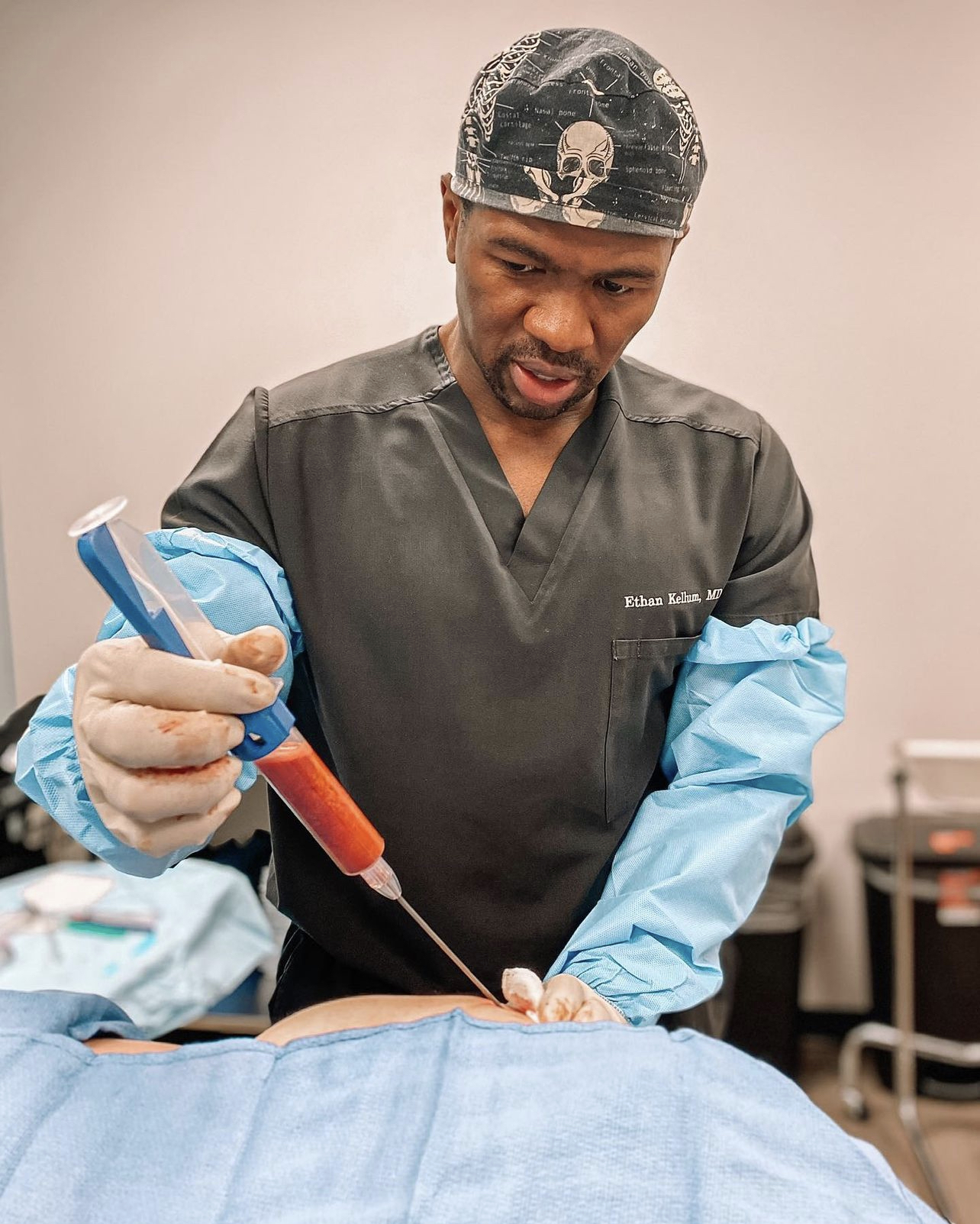Current Standard-of-Care Treatments for Multiple Sclerosis and Their Shortfalls
The current standard of care treatments for Multiple Sclerosis (MS) include:
Designed to slow the progression of MS and reduce the frequency of relapses. Some of the commonly used DMTs include:
Interferons are a type of protein in the body that fights infections. Interferon beta-1b treats MS by reducing inflammation and limiting the ability of immune cells to attack myelin. Common side effects include:
- Flu-like symptoms
- Mood changes
- Injection-site reactions
- Reduction in white blood cells (leukopenia)
Glatiramer acetate is a synthetic protein that blocks immune cells from attacking and destroying myelin, reducing the frequency of relapses. Common side effects include:
- Injection-site reactions
- Chest pain
- Shortness of breath
- Rapid or irregular heartbeat
- Nausea and dizziness
Natalizumab is a synthetic antibody that blocks immune cells from traveling into the brain to and attacking myelin, reducing the frequency of relapses. Side effects include:
- Headaches, joint pain, fatigue
- Increased risk of brain infections
- Hepatitis
- Urinary tract infections
Fingolimod is an immune modulating medication that reduces the number of immune cells and decreases their ability to enter the central nervous system and damage myelin. Side effects include:
- Headache
- High blood pressure
- Slow heart rate
- Increased risk of infections and skin cancer
Side effects of corticosteroid treatments may include:
- Mood changes
- Increased appetite, weight gain, and obesity,
which can worsen MS - Headache
- Heart palpitations
- Ankle swelling
- Stomach upset
- Rash
These are drugs and therapies that are used to treat specific symptoms of MS:
1. Bladder dysfunction: catheterization or pharmaceuticals like oxybutynin
2. Spasticity (muscle stiffness): baclofen
3. Pain: anticonvulsants or tricyclic antidepressants (TCAs)
Despite the availability of these treatments, they are not effective in all patients, and some individuals may experience side effects. Although DMTs reduce the flare-ups in MS, they do not fix the damage done to the nervous system or slow the progression of the disease.
Some patients may not respond well to the available treatments or may not be eligible for certain treatments due to other health conditions or contraindications.
Neuromodulation is an experimental technique that uses electrical or magnetic stimulation from an MRI machine to modify the nervous system’s activity. Several different techniques exist to improve MS.
- Deep brain stimulation (DBS) improves tremors and severe nerve pain in the face.
- Spinal cord stimulation improves MS-related pain and bladder dysfunction.
- Sacral neuromodulation also improves bladder overactivity.
- Transcranial magnetic stimulation (TMS) decreases motor symptoms and increases neurorehabilitation in MS patients.
The effectiveness of neuromodulation treatments varies from patient to patient. It can be very effective in managing symptoms or have no visible effect at all. No neuromodulation techniques definitively cure the disease processes of MS 10.
Physical therapy (PT) improves muscular symptoms of MS like
- Muscle strength
- Flexibility
- Coordination
- Balance
- Posture
- Fatigue
- Pain
Use of assistive devices, such as canes or braces, also help with mobility and balance.
Occupational therapy helps with activities of daily living, such as
- Dressing
- Bathing
- Grooming
Occupational therapy (OT) also provides adaptations to home or work environments to make daily activities easier and safer.
None of the techniques taught in PT or OT cure symptoms of MS, but help manage the current state of the disease.
While the current standard of care treatments for MS can provide benefits for many patients, they do have limitations and fall short in certain cases. This creates a need for new and innovative treatments for MS, like stem cell therapy.
Why Nashville Integrative Therapy?
We are passionate about delivering safe and effective treatments to our patients, especially when standard-of-care treatments fall short. Over the years, we’ve seen the immense life-changing benefits of stem cell therapy first-hand and we’re passionate about making it available to you.

About Dr. Ethan Kellum, MD
Dr. Ethan Kellum is a pioneer in interventional and regenerative orthopedics. As a sports medicine specialist who is fellowship-trained in orthopedic surgery, Dr. Kellum is an expert in musculoskeletal injuries and joint conditions. Although he still performs shoulder and knee surgeries, his main focus has become regenerative medicine, especially stem cell therapy, to keep patients out of the operating room.
Dr. Kellum is a native of Henderson, Tennessee and attended Jackson Christian School and Freed-Hardeman University. He earned a medical degree from the University of Tennessee Health Science Center College of Medicine in Memphis. After a residency in orthopedic surgery at the Medical College of Georgia, he then completed a surgical fellowship in sports medicine, shoulder, and advanced arthroscopy at the renowned New England Baptist Hospital and Boston Children’s Hospital in Boston, Massachusetts. During his fellowship, he served as assistant team physician for the NBA’s Boston Celtics, and for both Harvard and Tufts University athletics. Dr. Kellum is a member of the prestigious Alpha Omega Alpha Medical Honor Society. Dr. Kellum has been actively involved in orthopedic surgery research throughout his medical career. He also has authored and co-authored several peer-reviewed orthopedic surgery articles and book chapters.
Beyond his credentials, Dr. Kellum is a compassionate, committed surgeon who has care and love for each and every patient he sees. It is Dr. Kellum’s passion to create an environment that treats and cares for the whole patient- mind, body and soul holistically. He aspires to build the full-body health and longevity of each of his patients through regenerative orthopedics, nutrition, exercise and complementary medicine. Dr. Kellum works to create an innovative and patient-centered atmosphere that feels like home.
What our patients are saying about our stem cell therapy
Got questions?
Speak to our patient advocate
Frequently Asked Questions
The FDA has not currently approved the majority of stem cell therapies in the U.S., despite demonstrated research of safety and efficacy. “Currently, the only stem cell treatments approved by the Food and Drug Administration (FDA) are products that treat certain cancers, and disorders of the blood and immune system.
Stem cell therapy is currently not covered by insurance. As more research becomes available and the efficacy becomes clearer and it becomes FDA-approved, this should change.
We offer payment plans for those in need. Book a consultation to see how we can serve you.
Stem cell therapies that use your own cells (autologous) to stimulate new cell and tissue growth are completely ethical. They also have a much lower risk of immune system rejection.
The use of mesenchymal stem cells does not involve embryos or fetuses. These stem cells are harvested and cultured from your own tissue.
The length of time it takes to see benefits can vary and is dependent on a number of factors, including:
- Severity and progression of the disease
- Type of stem cell therapy used
- Individual's overall health.
In some cases, individuals with MS may begin to experience improved symptoms within a few weeks or months following stem cell therapy. In other cases, it may take several months or longer to see benefits.
The most common side effect is an injection site reaction. There is the possibility, even with your own cells, that there can be immune system reactions to the injected solution.
Like with any medical procedure, stem cell therapy for MS carries a risk of side effects. Some of the potential side effects include:
1. Infection at the site of the stem cell transplantation or in the bloodstream.
2. Bleeding during the procedure, especially for individuals who have bleeding disorders or are taking blood-thinning medications.
3. Immune rejection: There is a risk of the body's immune system rejecting the transplanted stem cells, leading to an immune response against the cells.
4. Inflammation can occur in the body following the procedure.
It's important for individuals to discuss the potential risks and benefits of stem cell therapy with their doctor and carefully consider the potential side effects before undergoing the treatment.
It’s possible that your medication needs will change after receiving stem cell treatments, but the effect will be highly individual. Some patients may be able to reduce the dosages of their medications. We always recommend that our patients work with their doctors to monitor their symptoms and possibly adjust their medications. Please do not change or come off your medications without speaking to your prescribing physician.
The only way to know for sure if you are a good candidate is to schedule a consultation and have the doctor assess your health and symptoms. After this, you will be given the options that are best for your individual scenario.
1. Kamińska, J., Koper, O. M., Piechal, K. & Kemona, H. Multiple sclerosis - etiology and diagnostic potential. Postepy Hig. Med. Dosw. 71, 551–563 (2017).
2. da Silva Meirelles, L., Caplan, A. I. & Nardi, N. B. In search of the in vivo identity of mesenchymal stem cells. Stem Cells 26, 2287–2299 (2008).
3. Genchi, A. et al. Neural stem cell transplantation in patients with progressive multiple sclerosis: an open-label, phase 1 study. Nat. Med. 29, 75–85 (2023).
4. Muraro, P. A. et al. Autologous haematopoietic stem cell transplantation for treatment of multiple sclerosis. Nat. Rev. Neurol. 13, 391–405 (2017).
5. Gugliandolo, A., Bramanti, P. & Mazzon, E. Mesenchymal Stem Cells in Multiple Sclerosis: Recent Evidence from Pre-Clinical to Clinical Studies. Int. J. Mol. Sci. 21, (2020).
6. Mancardi, G. L. et al. Autologous hematopoietic stem cell transplantation in multiple sclerosis: a phase II trial. Neurology 84, 981–988 (2015).
7. Visweswaran, M. et al. Sustained immunotolerance in multiple sclerosis after stem cell transplant. Ann Clin Transl Neurol 9, 206–220 (2022).
8. Scolding, N. J. et al. Cell-based therapeutic strategies for multiple sclerosis. Brain 140, 2776–2796 (2017).
9. Hauser, S. L. & Cree, B. A. C. Treatment of Multiple Sclerosis: A Review. Am. J. Med. 133, 1380–1390.e2 (2020).
10. Abboud, H., Hill, E., Siddiqui, J., Serra, A. & Walter, B. Neuromodulation in multiple sclerosis. Mult. Scler. 23, 1663–1676 (2017).
11. Axisa, P.-P. & Hafler, D. A. Multiple sclerosis: genetics, biomarkers, treatments. Curr. Opin. Neurol. 29, 345–353 (2016).
12. Stem cell and exosome products. https://www.cdc.gov/hai/outbreaks/stem-cell-products.html (2019).
Patients Worldwide have been treated at Nashville Regenerative Orthopedics
Are You a Candidate?
Our in-house science team has researched the many types of stem cells available today. Together with our clinical teams, we believe that using your own stem cells are the safest, most effective therapy choice for your body and your health.
Our research-based therapies use your own stem cells to accelerate your healing — without surgery.
Request an Introductory Patient Package
Receive an introductory patient package by email.


